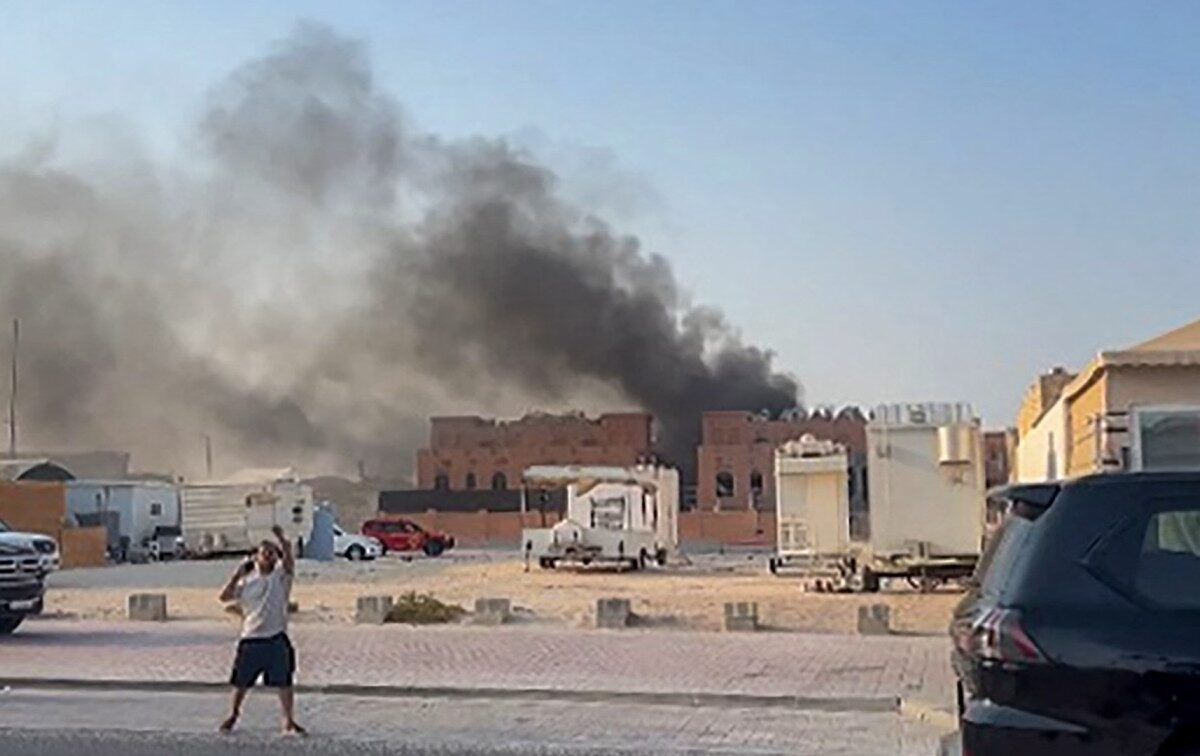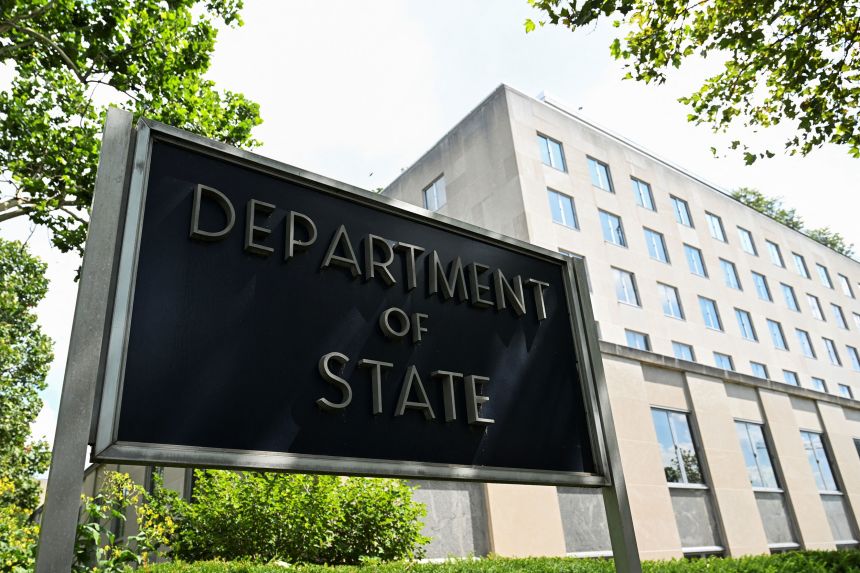
Judge Temporarily Blocks to Deport Venezuelan Gang Members
- World News
- March 16, 2025
- No Comment
Judge Temporarily Blocks to Deport Venezuelan Gang Members
A federal judge has issued a temporary restraining order against the Trump administration’s attempt to invoke wartime powers to expedite the deportation of alleged Venezuelan gang members. The ruling, delivered by U.S. District Judge James Boasberg, blocks the enforcement of the Alien Enemies Act of 1798, a rarely used law traditionally reserved for wartime measures.
The Trump administration had recently invoked the act, citing national security concerns and labeling the presence of Venezuela’s Tren de Aragua gang as an “invasion” threat. The government argued that immediate deportation was necessary to prevent gang-related violence in the United States. However, Judge Boasberg’s decision halts all related deportations for 14 days, ordering any flights carrying affected individuals to return to U.S. soil.
Legal experts and civil rights organizations, including the American Civil Liberties Union (ACLU) and Democracy Forward, challenged the administration’s move, asserting that using the Alien Enemies Act in this context was unconstitutional. They argued that the United States is not in a formal state of war with Venezuela, making the invocation of wartime powers legally questionable.
The lawsuit, filed on behalf of five Venezuelan nationals, contends that the administration’s directive bypasses due process and violates fundamental legal protections for immigrants. Advocacy groups also warned that the measure could set a dangerous precedent for executive overreach.
Judge Boasberg emphasized the importance of maintaining legal safeguards even in matters of national security. “The executive branch cannot unilaterally redefine wartime laws to justify immigration enforcement policies,” he stated in his ruling. The temporary restraining order provides time for further legal review, with a scheduled hearing set to determine whether the administration’s directive should be permanently blocked.
The White House responded to the ruling with criticism, asserting that the move compromises national security. “The president has a duty to protect American citizens from violent criminal organizations,” a senior administration official said.
Opposition lawmakers and immigration advocates hailed the ruling as a victory for due process and human rights. “Weaponizing wartime laws against immigrants is an extreme and unlawful action,” said Representative Joaquin Castro. “This ruling reaffirms that no president is above the law.”
With the upcoming hearing expected to draw significant legal and political scrutiny, the case underscores the broader debate over immigration policies, executive authority, and constitutional rights in the United States.







